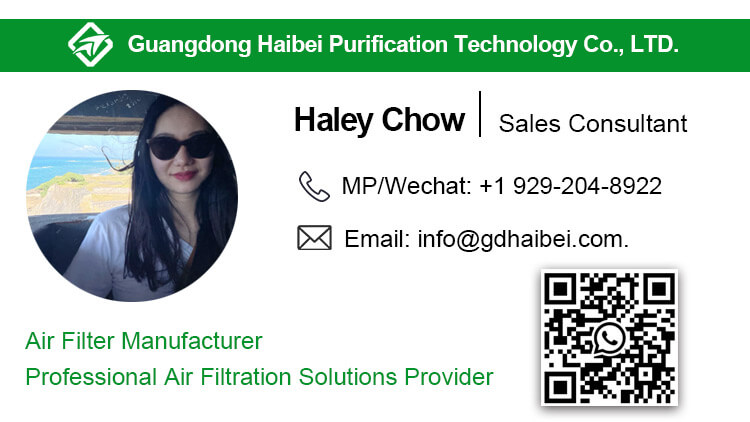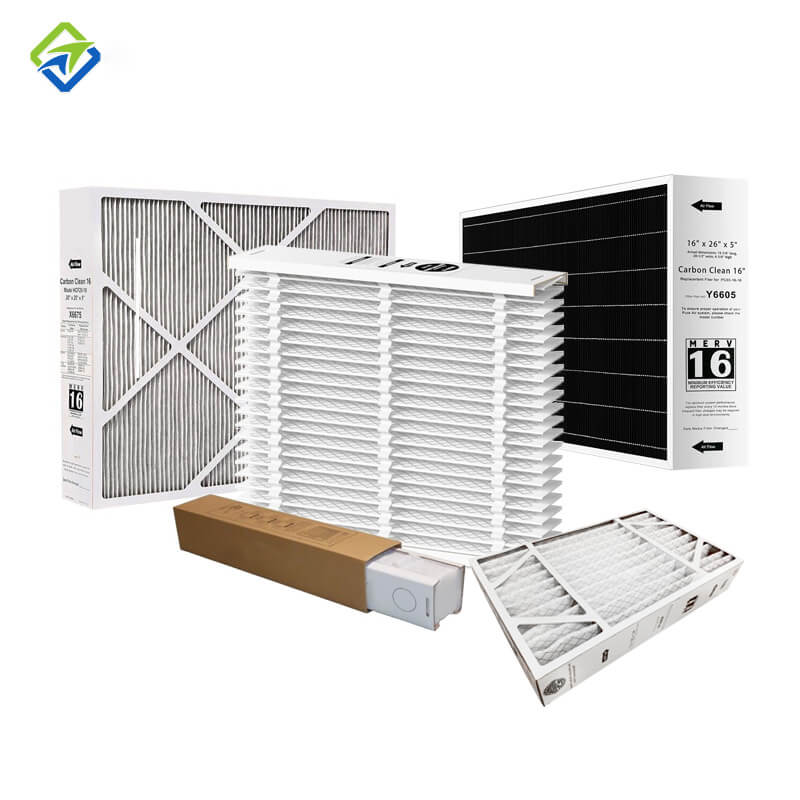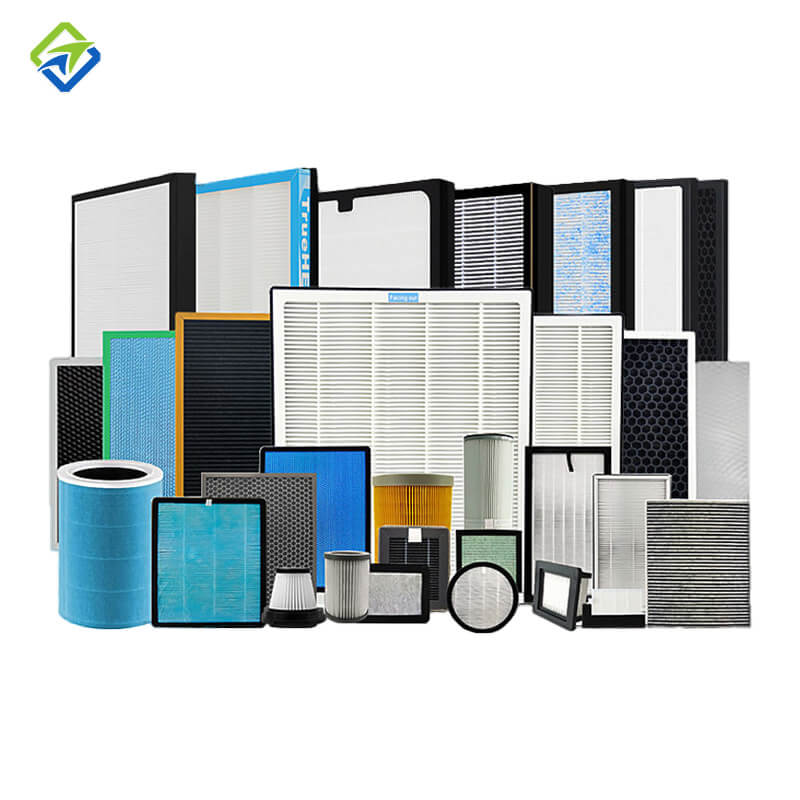Common Types of Air Filters
Fiberglass Filters:
Overview: Fiberglass filters are the most basic and cost-effective type of air filter available. They consist of layered fiberglass fibers arranged in a flat panel, designed to capture larger particles like dust and lint.
Pros: Inexpensive and widely available.
Cons: Lower efficiency compared to other types; not effective at capturing smaller particles like allergens or bacteria.
Pleated Filters:
Overview: Pleated filters are made from polyester or cotton paper and are folded into pleats to increase the surface area for trapping particles. This design allows them to capture a broader range of particles, including dust, pollen, and pet dander.
Pros: More efficient than fiberglass filters; available in various MERV ratings.
Cons: Slightly more expensive than fiberglass filters; may require more frequent replacement depending on usage.
HEPA Filters:
Overview: High-Efficiency Particulate Air (HEPA) filters are known for their ability to capture up to 99.97% of particles as small as 0.3 microns, including dust, pollen, mold spores, bacteria, and even some viruses.
Pros: Highly effective at improving air quality; ideal for those with allergies or asthma.
Cons: Typically more expensive; may require a compatible HVAC system due to their high efficiency, which can restrict airflow.
Activated Carbon Filters:
Overview: Activated carbon filters are designed to remove odors, gases, and volatile organic compounds (VOCs) from the air. They contain a layer of activated carbon that absorbs and neutralizes these pollutants.
Pros: Excellent for homes with pets, smokers, or specific air quality concerns related to odors or chemicals.
Cons: Not as effective at capturing particles like dust or pollen; usually used in conjunction with other types of filters.
Electrostatic Filters:
Overview: Electrostatic filters use self-charging fibers to attract and trap particles from the air. These filters can be either disposable or washable, with the latter offering long-term cost savings.
Pros: Highly efficient at capturing a wide range of particles; washable versions offer reusability.
Cons: Washable filters require regular maintenance; initial cost may be higher than other types.
If you need assistance purchasing filters or confirming filter size, please call +1 929-204-8922 (9-5 EST Monday-Friday) or email info@gdhaibei.com.










